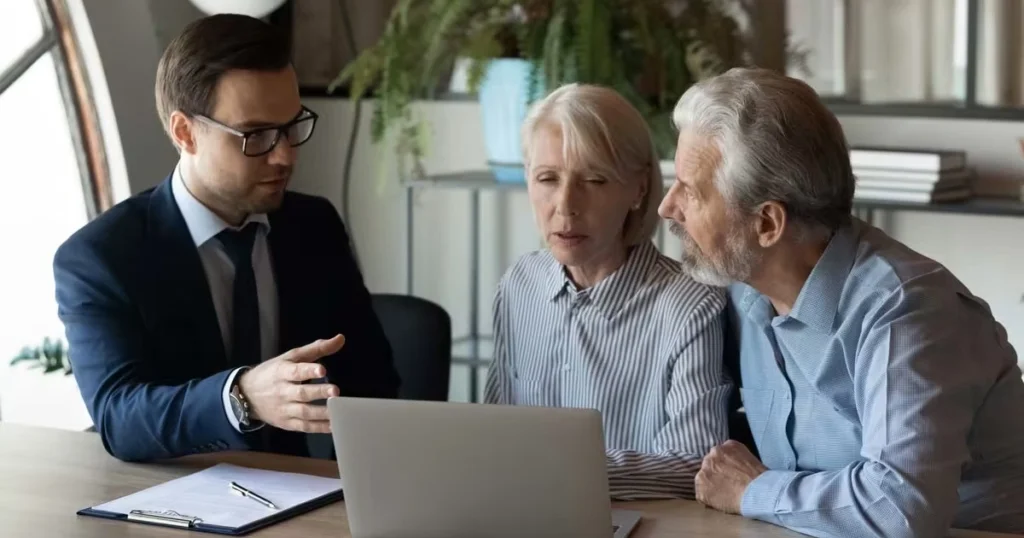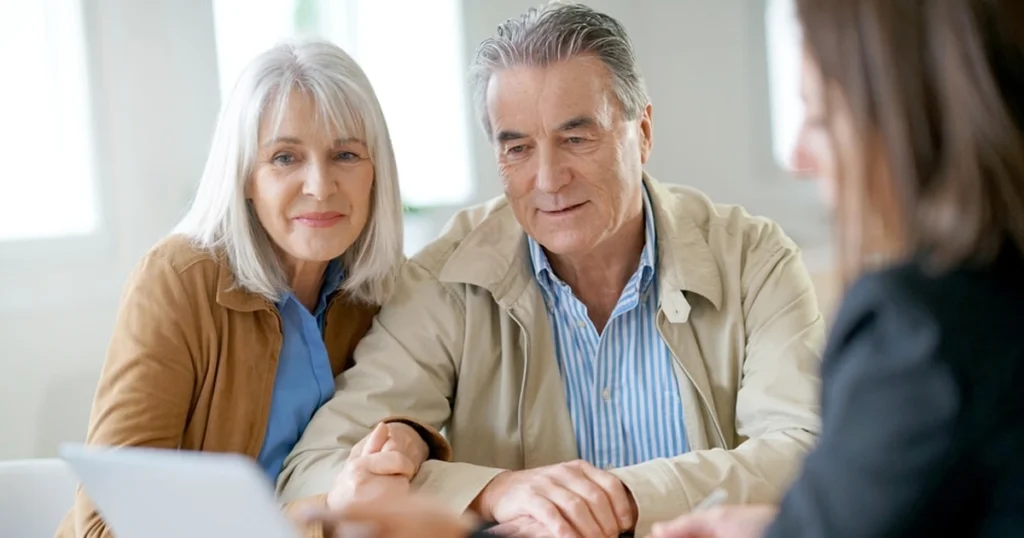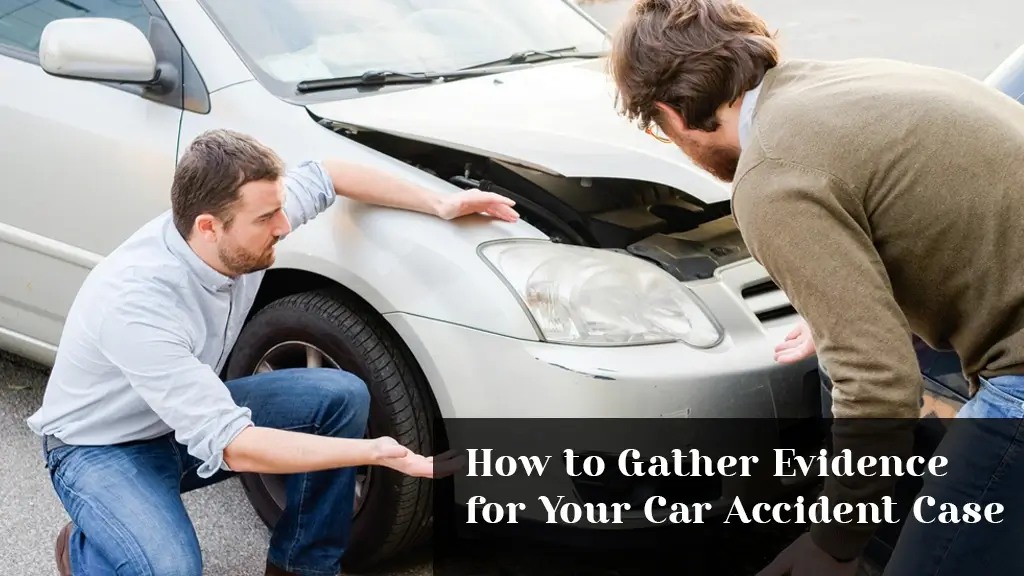Introduction
Accidents can happen suddenly, and it’s important to know what steps to take afterward to make sure you’re protected. Gathering evidence after a car accident is essential, as it can help you establish what happened and support your case if you need to deal with insurance companies or go to court. Evidence can be anything that shows the facts of the accident, including photos, witness statements, and police reports. Knowing how to gather this evidence can be helpful if you’re ever involved in a car accident.

Understanding the Importance of Evidence
Evidence is important because it provides proof of the details of the accident. Without evidence, it can be difficult to prove your side of the story, and you may face challenges in getting fair compensation for damages or injuries. Insurance companies often need evidence to process claims, and if you don’t have it, they might deny your claim or offer you less money. The more evidence you have, the stronger your case will be, making it easier for you to get the help you need after an accident.
What to Do Immediately After the Accident
Right after a car accident, it’s normal to feel scared or confused, but it’s important to stay calm and think about what to do next. First, make sure you and anyone else involved are safe. Then, call the police so they can come to the scene and create an official report. Having the police at the scene is crucial, as they will record what happened, which can serve as important evidence later on. Remember to avoid discussing the details of the accident with others; instead, wait for the police to arrive so they can handle the situation.
Gathering Photographic Evidence
Taking photos is one of the easiest and most important ways to gather evidence after an accident. Use your phone or a camera to take clear pictures of the accident scene from different angles. Capture photos of all the vehicles involved, showing any damages to the cars, as well as any debris, tire marks, or broken glass on the road. It’s also helpful to take pictures of nearby traffic signs, signals, and the general weather conditions if they are relevant.
Talking to Witnesses
Witnesses can provide valuable information about the accident because they saw what happened. If there are people nearby who saw the accident, ask if they would be willing to give a statement. Sometimes, witnesses can remember important details that you may have missed, which can be useful in telling the whole story of what happened. Witness statements can be strong evidence because they come from people who were not directly involved in the accident, making their accounts more neutral and trustworthy.
Obtaining a Police Report
The police report is one of the most important pieces of evidence you can have. When the police arrive at the scene, they will look at the details of the accident, interview the people involved, and note any observations they have. Once they finish their investigation, they will create a report that summarizes the accident. This report can include details about who was at fault, any traffic violations, and the conditions at the scene. You can get a copy of this report from the police department later on, and it can be helpful when dealing with insurance companies or in court, as it is an official document of what happened.

Gathering Medical Records
If you or anyone else was injured in the accident, collecting medical records is crucial. These records can show the type and extent of the injuries, which can help prove the impact of the accident on your health. Medical evidence is often required by insurance companies to approve claims for injury compensation. When you go to the doctor, make sure to ask for detailed records of your treatment, including diagnosis, medications, and follow-up care. This documentation can help support your claim and make it easier for you to receive fair compensation for medical costs.
Collecting Repair Estimates
To make sure you are compensated fairly for vehicle damage, it’s essential to get repair estimates from a trusted mechanic. Take your car to a repair shop to have them inspect the damage and give you a written estimate. You may want to get estimates from more than one shop to make sure the amount is accurate. Keep these estimates safe, as they are proof of the cost needed to fix your vehicle. This evidence can be helpful when you’re negotiating with insurance adjusters, as it shows the actual amount needed to repair your car.
Organizing All Evidence
Use a folder or digital file to store everything in one place. Keep photos, witness contacts, the police report, medical records, repair estimates, and your account all together. Having everything organized will make it easier to access when you need it. This organized evidence file can be useful if you have to talk to your insurance company, meet with lawyers, or go to court. It can also reduce stress, as you will have all the necessary information ready at hand.
Conclusion
Gathering evidence after a car accident is an essential step to protect yourself. By taking photos, talking to witnesses, obtaining a police report, recording your account, gathering medical records, and getting repair estimates, you can create a strong case that shows the details of the accident. Keeping everything organized will make it easier to work with insurance companies or handle any legal matters that may arise. Knowing what to do and how to gather evidence can make a big difference in getting the help you need, and it ensures that you’re prepared if you ever find yourself in a car accident.

